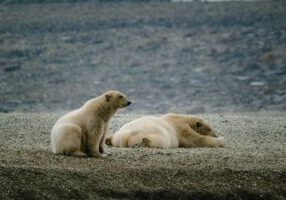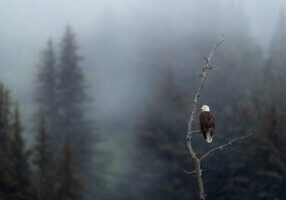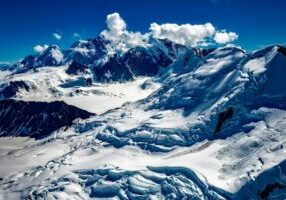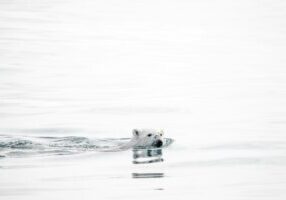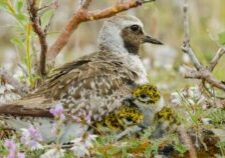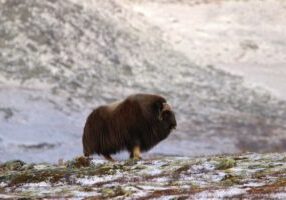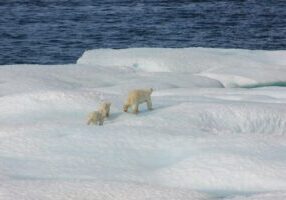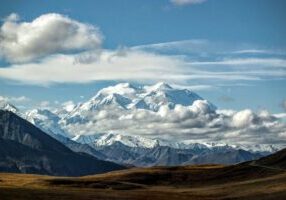KEEP ARCTIC DRILLING OUT OF THE BUDGET BILL
The Senate is pushing a budget bill that would force oil drilling in the Arctic Refuge and Western Arctic—gutting climate protections, overriding public input, and putting our climate and communities at risk. These lands belong to the people, not Big Oil billionaires.
Join us in telling Congress: the Arctic is not for sale.
Photo: Steven Kazlowski/LeftEyePro.com
Alaska Wilderness League works to ensure that Alaska's wild landscapes endure to support vibrant communities and abundant wildlife for generations to come.
CHECK OUT OUR WILD ALASKA BLOG:
Senate Budget Targets Alaska’s Public Lands for Privatization
FOR IMMEDIATE RELEASE Date: 6/12/2025 Contact: Anja Semanco | 724-967-2777 | anja@alaskawild.org In response to the release of the Senate Budget Bill Energy and Natural Resources Provisions, Andy Moderow, Senior Director of Policy at Alaska Wilderness League, released the following statement: “Alaska’s public lands are still on the chopping block—not because it’s good policy, but because billionaires want another…
Read moreRoadless Area Conservation Act Reintroduced
FOR IMMEDIATE RELEASE Date: 6/11/2025 Contact: Anja Semanco | 724-967-2777 | anja@alaskawild.org Following the reintroduction of the of Roadless Area Conservation Act, Alex Cohen, Government Affairs Director at Alaska Wilderness League, released the following statement: “We’re thrilled to see the Roadless Area Conservation Act reintroduced at a time when Alaska’s public lands are once again in the…
Read moreAlaska Under Attack: The Four-Front Fight for Our Public Lands
Let’s not sugarcoat it: Alaska is in the crosshairs. From the edges of the Arctic Ocean to the old-growth of the Tongass, the Trump administration is launching a full-scale attack on some of the wildest places left in America. They’re gutting protections, fast-tracking drilling and logging, and tossing aside Indigenous rights and climate science—all to…
Read moreA Clear Message for Congress
The Arctic Refuge isn’t just tundra and snow. It’s a place where thousands of caribou migrate each year to give birth. Where polar bears den, migratory birds from six continents rest their wings, and the Gwich’in people have lived in deep connection with the land for thousands of years. It’s sacred. It’s alive. And right…
Read moreInterior Department Moves to Gut Protections in the Western Arctic
FOR IMMEDIATE RELEASE Date: 6/2/2025 Contact: Anja Semanco | 724-967-2777 | anja@alaskawild.org Interior Department Moves to Gut Protections in the Western Arctic As the Interior moves to rescind the 2024 rule on Alaska’s Western Arctic, Kristen Miller, Executive Director at Alaska Wilderness League, released the following statement: “The Trump administration’s move to roll back protections in the…
Read moreHouse Passes Budget Reconciliation Bill
FOR IMMEDIATE RELEASE Date: 5/21/2025 Contact: Anja Semanco | 724-967-2777 | anja@alaskawild.org Following the House passage of the Budget Reconciliation Bill, Kristen Miller, Executive Director at Alaska Wilderness League, released the following statement: “While we are relieved and grateful that harmful provisions related to the Western Arctic and Ambler Road were removed from the Budget Reconciliation bill…
Read moreConfirmation of Deputy Secretary of the Interior Department, Katharine MacGregor
FOR IMMEDIATE RELEASE Date: 5/14/2025 Contact: Anja Semanco | 724-967-2777 | anja@alaskawild.org Following the confirmation of Deputy Secretary of the Interior Department, Katharine MacGregor, a long-time oil and gas proponent, Alex Cohen, Government Affairs Director at Alaska Wilderness League, released the following statement: “From Trump term one, we already know Katharine MacGregor’s confirmation will be a disaster…
Read moreNew Reconciliation Bill is a Billionaire Land Grab That Sacrifices Alaska and Silences the Public
FOR IMMEDIATE RELEASE Date: 05/02/2025 Contact: Anja Semanco | 724-967-2777 | anja@alaskawild.org Washington, D.C. – The release of House Natural Resource’s budget reconciliation bill text late last night reveals provisions that would dramatically expand oil and gas development in Alaska’s Arctic regions while limiting environmental review and restricting judicial oversight. “Alaska’s public lands and waters are directly…
Read morePEOPLE LIKE YOU KEEP PLACES LIKE THESE WILD:
ARCTIC NATIONAL WILDLIFE REFUGE
Protecting the coastal plain of the Arctic National Wildlife Refuge is crucial because of its exceptional wilderness, wildlife, habitat and subsistence values. It is sacred to the Gwich’in People and other Indigenous communities in Alaska and Canada, who rely on its resources for food, as well as cultural and spiritual practices. The 2017 Tax Cuts and Jobs Act (Tax Act) included a provision that opened the coastal plain to oil and gas development and mandated two lease sales by 2024. The Biden administration has revoked existing leases and we continue to work with the administration to restore protections to the Arctic Refuge coastal plain.
Photo credit: Micah Baird
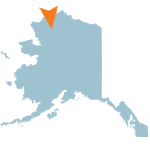
NATIONAL PETROLEUM RESERVE-ALASKA
Development in the National Petroleum Reserve-Alaska in Alaska's western Arctic has begun, and ConocoPhillips' Willow project is the poster child for the type of massive fossil fuel development that must be avoided today. Allowing oil drilling in and around the Teshekpuk Lake Special Area would also threaten an essential cultural area and food source for North Slope communities. Willow would significantly increase ConocoPhillips’ presence in the western Arctic while placing all the burden of development on the people and wildlife of the region.
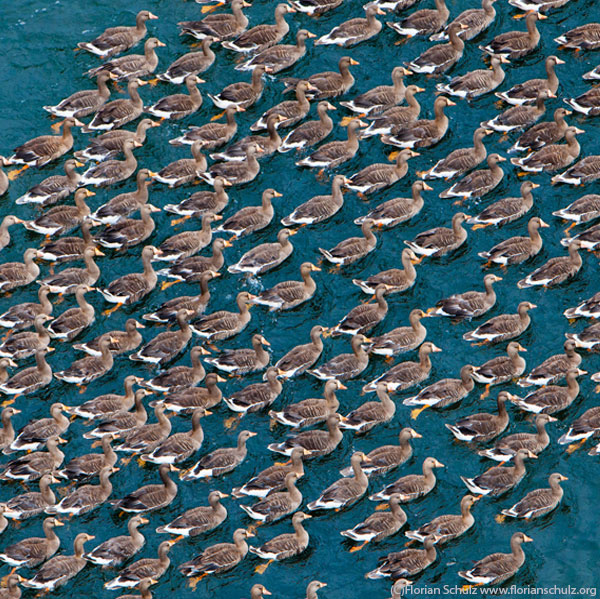
TONGASS NATIONAL FOREST
The Tongass National Forest serves as a nationally important carbon sink by storing more carbon than any other forest in the country. It is also the linchpin of Southeast Alaska’s economy, attracting people from around the world for world-class recreation, hunting, and sport and commercial salmon fishing. To protect this national treasure, the U.S. Department of Agriculture recently announced plans to restore protections to more than 9 million acres of roadless areas in the Tongass and end large-scale old-growth logging in America’s largest national forest.
Photo credit: Daniel Dietrich/DanielDietrichPhotography.com

CHUGACH NATIONAL FOREST
More than 1 million people visit the Chugach annually from all over the world; however, it is local Alaskans — especially in and around Anchorage — who really utilize what the Chugach has to offer. According to the U.S. Forest Service, the Chugach serves as the “backyard” for half of Alaska’s residents.
Photo credit: Debbie S. Miller
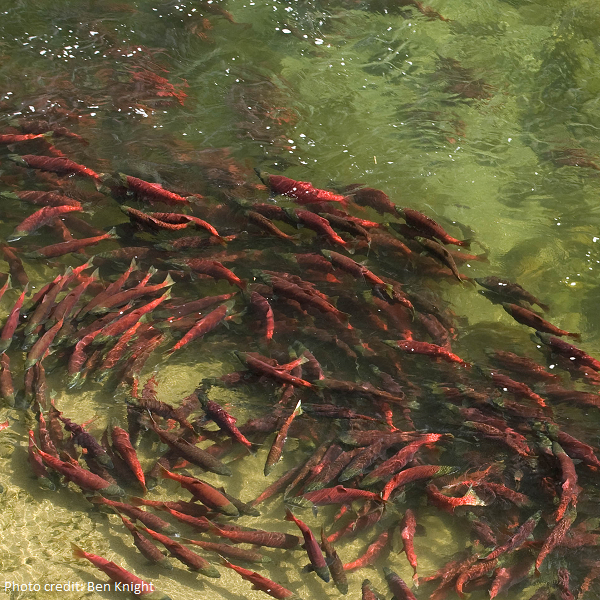
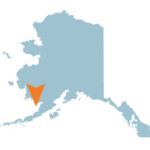
BRISTOL BAY
The U.S. Army Corps of Engineers announced it has denied a permit for the proposed Pebble Mine in Alaska, determining that “the applicant’s plan for the discharge of fill material does not comply with Clean Water Act guidelines” and concluding that “the proposed project is contrary to the public interest." The Bristol Bay watershed in southwest Alaska boasts the world’s largest sockeye salmon fishery that supports thousands of jobs. Alaskans and Bristol Bay’s Indigenous peoples, as well as hunters, anglers and wildlife enthusiasts from all across the country, spoke out in opposition to this ill-conceived project.

